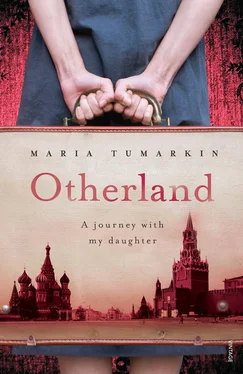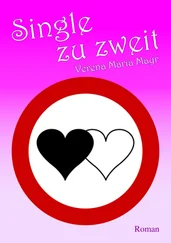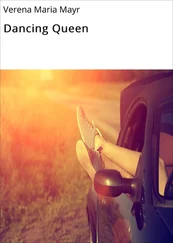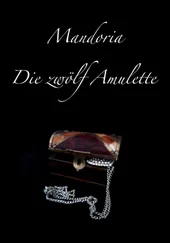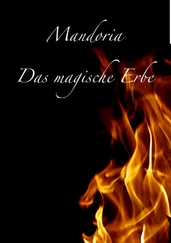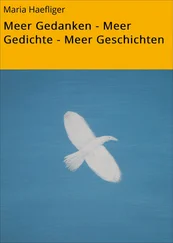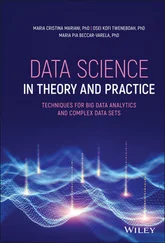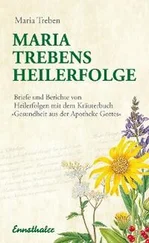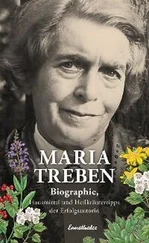Maria Tumarkin
OTHERLAND
A Journey with My Daughter
IT IS ON THE train from Russia to Ukraine that the moment I have been waiting for finally comes, and Billie refuses to use the toilet, point-blank. She will hold on, she says: she was not born a woman for nothing. The problem, I discover, is not the soggy brown rug thrown over a hole in the toilet’s floor, but something that inhabits a hole in the toilet’s wall – something my daughter, with the full force of her adolescent pessimism, has immediately classified as a used sanitary pad. And so she goes on strike, inconsolable in her revulsion.
‘You have not travelled,’ I tell Billie, ‘unless you have seriously considered just how far you are prepared to go to keep your bladder from bursting. This is the real journey every semidecent traveller must take.’ We are going from my favourite city in the world, St Petersburg, the ‘Venice of the North’, to my mother’s hometown, Kiev, or the ‘Jewel of the East’, as those shameless, pimping guidebooks would tell you.
And the toilets are a trade-off for the way simple black tea tastes on the overnight trains, for the stories that fall out of people at this meeting place of intimacy and total anonymity; and for the special kind of sleep, not found anywhere else, when your body is floating, weightless, in the thick of the train’s forward movement. As one habituated insomniac to another, I show Billie that special flavour of train sleep as if it were one of the Seven Wonders of the World.
I would gladly claim as my own country the weary trees, the tightly stretched sky, the numbered light poles outside our window, except that in my years of absence this place has undergone an extreme make-over. It has divided like some monstrous parent cell into a myriad daughter cells, each with its own currency, its own petty tsar swaying an iron fist, its own intractable visa entry requirements. ‘This is where your family comes from,’ I tell Billie, swallowing countless disclaimers and footnotes. I make it sound plain as plain, desperate not to overdo it, to keep the theatre out of the moment. ‘This is it, Billie, the Point A, the mother of all destinations.’
I try to imagine what she sees and whether her eyes get fogged up by all the slimy grey colours, the piles of rubbish, the ribs sticking out from the surprisingly sprightly cows and horses we pass by – that first all-deceiving layer that in any unkempt place makes you feel like you know exactly where you are yet tells you absolutely nothing. ‘So you are going to write about how everything is dirty and falling apart,’ my second cousin in Dnepropetrovsk says a few weeks later. There is sadness in her eyes, not contempt. ‘Look at our roads,’ she says, ‘our public transport, our buildings, our women in their war paint and impossible heels. God, I can only imagine what you must be thinking.’ But I am not thinking what you think I am thinking, my dear cousin. I am not here to write a coy, sympathetic account of the freak show that was once my home. Frankly, I don’t think the world needs another book about how everything is dirty and falling apart somewhere else; or even another book about the sort of somewhere else where everything is idyllic.
Dubravka Ugrešic, a Croatian-born writer I admire greatly for the way she can unpick the stupidity and spin of hyper-nationalism, says that after the Berlin Wall came down the Western literary market was flooded with all kinds of books in which the writers regaled readers with clichéd images of post-Communist Eastern Europe: pre-Industrial-era public toilets; waiters dripping with contempt for their customers; crumbling exteriors and inebriated masses; the triumph of jingoism; oh, and not forgetting, locals ‘who ate dog food instead of steak’. ‘The authors of these works managed to find the pressure points in the imagination of the Western reader,’ Ugrešic says.
So, no, although this book begins in a rather disgraceful Russian toilet it is, I sincerely hope, not one of those books. It is certainly not an exercise in revealing and revelling in the former Empire’s underbelly – I am no expat on a mission. My motives are altogether different if not entirely clear, even to myself. There is, first and foremost, the urge Billie and I share to connect her viscerally to her family’s history, to set that history going again – to get its blood pumping and its joints moving, make its connective tissues elastic but firm. There is also my own self-serving desire to come back to people and places still powerfully alive that speak to me daily despite (or perhaps because of ) the years and kilometres separating us.
Last but not least, if I call myself a writer, then this book seems to me a literary bridge that I must inevitably cross. The journey home is, of course, an archetypal narrative, and I am sure you know that it has been done to death. Me too: I spent months being scared of making this trip and, at the end of it, having nothing of any value or originality to say. But one thing you learn from travelling is that it is far scarier to think about than to do. In the end, it can only make sense if you give up the worry and throw yourself in at the deep end, not necessarily with gay abandon, but with something perhaps more akin to fatalistic wonderment – how else do you get anywhere, really?
On this train taking us from Russia to Ukraine across a border that did not exist when my parents and I still lived here, and that feels, perhaps ominously, like a plaything to me, like one of those little bridges that go over the railway tracks in a model train set, we throw ourselves into our diaries. Billie’s diary is a hard, green notebook with a floating love heart and a few leaves stuck midair on its cover. Mine is a soft, yellow Spirax with four note pockets and no visible adornments. Billie starts her every entry with the conventional ‘Dear Diary’. I only note a day and a place, addressing no one. My sentences are incomplete, cryptic and dry. Hers are winding, lyrical, thickly coated in drama and sarcasm:
Dear Diary,
In Pavlovsk outside of St Petersburg we attempted to feed the squirrels but no squirrels came to us and I was so disappointed but I guess the five American tour buses had already been there.
In some ways, I am probably the person least qualified to speak about Billie. For years I had not even noticed she had a lisp until an incredulous orthodontist picked it up at a pre-braces appointment a few months before our trip. Of course, he said, you had known about the lisp for some time. Far from it, did not have a clue. Who knows what other attributes and mild impairments, staring straight at me, I have managed to overlook. Certain things are, of course, impossible to miss. When Billie walks, her every step is drilled into the floor (I call them ‘elephant steps’); much of her movement is accompanied by the sounds of doors slamming, kitchen utensils ringing and objects vibrating off shelves. The elephant in the room, the bull in the china shop, the three-year-old at a chamber music recital – with Billie I repeat ‘Shhhh’ as an incantation, more often than any other sound I make. Yet my daughter is by no means an elephant. She was born already feminine, a perfectly defined little girl. Before my first gender-appropriate haircut at the age of twelve, I was often mistaken for a boy. No one would ever make such an error with Billie. Oh those eyes , people say, so blue, so big, so penetrating. Oh that hair, so long, so thick, so curly . So it is not so much my daughter’s difficulty in inhabiting her own body, but her need to impose herself on her environment – to hold fort, so to speak – that makes our house shake.
Читать дальше
